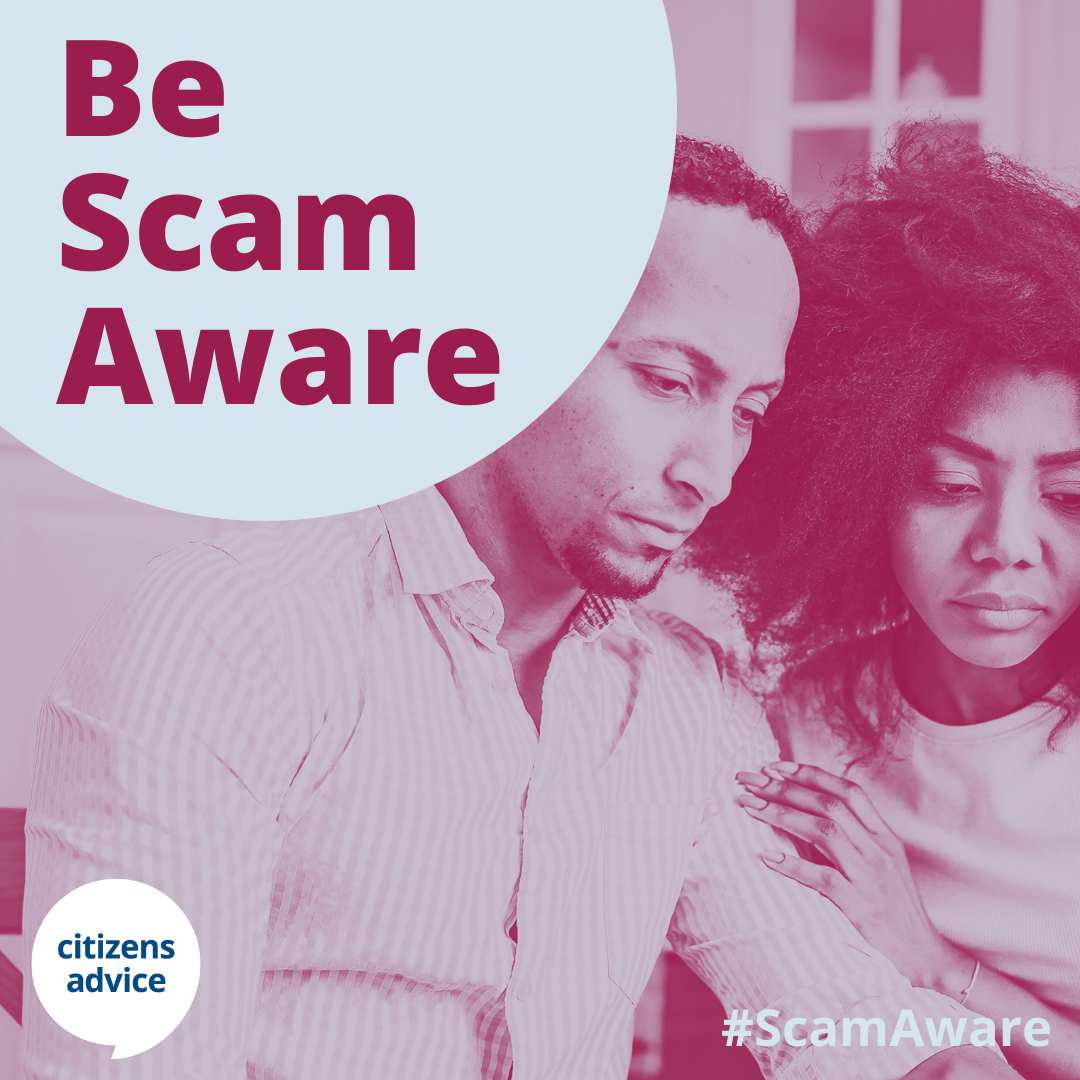Scam awareness and data protection in the housing sector
19 December 2023
We’ve seen a rise in scammers targeting social housing residents during the festive period when people typically spend more time at home or online. This guide will help residents and landlords be aware of potential scams.
There is also helpful information from the Information Commissioner’s Office (ICO) about understanding your rights when it comes to the protection of your personal data.

What scams to look out for
Scammers can contact you in many ways. Whether it’s online, your house phone, or in person by simply knocking on your door. Be aware of potential risks by familiarising yourself with these common scams.
1. Home improvement scams
Home improvement scams involve rogue traders offering cheap and quick fixes to your home. Or companies contacting you to help you claim money for housing disrepair.
Scammers are waiting to try and take advantage of people looking to do or in need of home improvements.
If you would like to use a company for these types of services, do your research first and ensure you are using a highly recommended service.
2. Fake text messages and emails, known as ‘friend-in-need scams’
There is an increase in the number of people receiving messages claiming to be from their relatives, asking them to reply on a new number before requesting money.
If you get one of these messages — be suspicious and contact the person it is supposedly from to see if they sent the message. Do not rush into making a quick decisions. It is okay to take your time, and if someone is pressuring you to send money or personal details then it is most likely a scam.
3. Online shopping scams
Watch out for fake adverts when shopping online. If you spot something you want to buy, make sure you protect yourself by:
- reading reviews from different websites
- find the company’s details on Companies House
- look at their terms and conditions
- pay by debit or credit card
4. Financial scams
If you are contacted for an investment opportunity unexpectedly by email or social media, it could be a scam.
If you are not sure about a financial opportunity you are being offered, get advice from a trusted source and do not be rushed into making any quick decisions. It is okay to take your time.
Never give money or personal details, like passwords or bank details, or transfer cash to someone you don not know or have only met online.
How data protection law can prevent harm in the housing sector
The Information Commissioner’s Office (ICO) have created a helpful guide about data protection law after they received a number of complaints from residents who have been failed by poor data protection practices from their housing association, company, or landlord. Whether that’s inaccurate record-keeping leading to anxiety, or necessary repairs being refused due to a misunderstanding about data sharing.
It is a great read for landlord’s and residents who wish to understand data protection law and the common issues that occur in the housing sector.
Read the full article on the ICO website
ICO help for landlords
Any housing organisation that needs help to process or share personal information can find further guidance on the ICO website or contact them for advice.
A guide to lawful basis | ICO website
ICO help for residents
The ICO is also there to support the public and ensure their data protection rights are respected. If anyone is concerned about how their data is being handled by an organisation, they can make a complaint to them.
How to report a scam
Report scams to help stop the criminals responsible and protect others from scams.
Contact
Call the Citizens Advice consumer service on 0808 223 1133. They will provide advice and pass on details of the scam to Trading Standards.
Report the scam to Action Fraud, the national reporting centre for fraud. They will give you a crime reference number that you will need to give to your bank.
